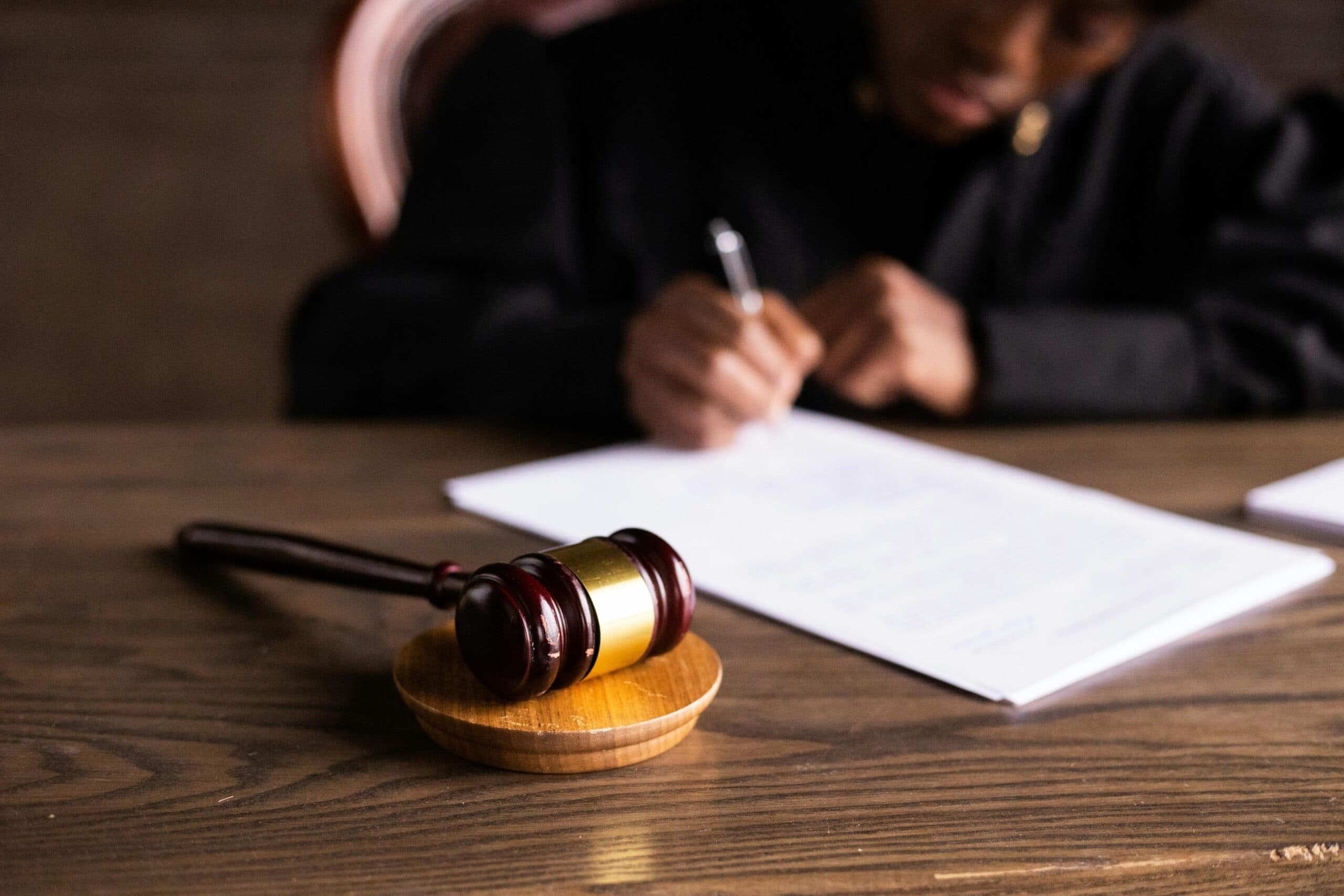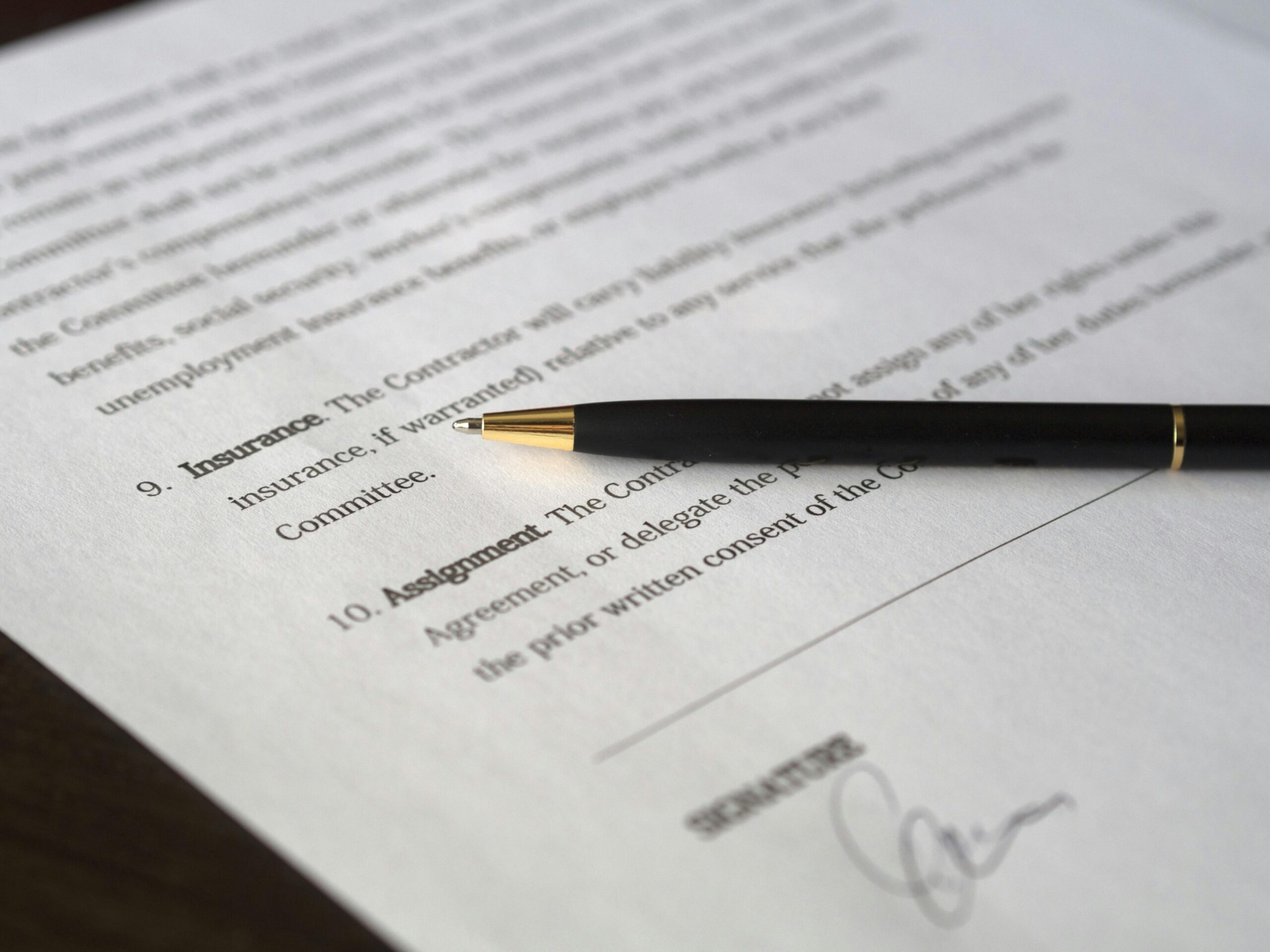
The legal world can feel overwhelming, especially when terms like “civil case” and “criminal case” are thrown around. While both involve legal disputes and courtrooms, they serve very different purposes. If you want to understand civil vs. criminal cases, this guide covers all the essential information.
Understanding the key differences is essential for anyone trying to understand the justice system. This guide breaks it down in a simple, engaging way so you can grasp the key distinctions without getting lost in legal jargon.
What Is a Civil Case?
A civil case is a legal dispute between two parties—individuals, organizations, or even government entities—typically involving compensation for harm or damages. Civil cases fall under civil law, which governs personal and business disputes rather than criminal offenses.
Common Types of Civil Cases
- Contract disputes – One party believes another violated an agreement.
- Personal injury claims – Someone sues for harm caused by another person’s negligence (e.g., car accidents, slip-and-fall cases).
- Family law cases – Includes divorce, child custody, and property division.
- Property disputes – Neighbors fighting over land boundaries or damage.
In some more complicated cases, you might wonder What do I do If The neighbor’s tree branch fell in my yard?, but it still counts as a civil case.
How Civil Cases Work
- The party filing the case (plaintiff) initiates a legal action against the defendant.
- The case is heard in civil court, where a judge or jury determines liability.
- The goal is to determine whether the defendant is responsible and, if so, how much they must pay in damages.
- The standard of proof in civil cases is a preponderance of the evidence—meaning it is more likely than not that the defendant is at fault.
If found liable, the defendant must pay money or fulfill another form of compensation. However, they do not face jail time or criminal punishment. For instance, someone might wonder “Can you sue someone for littering on your property?“

What is a Criminal Case?
A criminal case involves the government (through a prosecutor or district attorney) bringing charges against a person accused of committing a crime.
Criminal cases fall under criminal law, designed to protect society by punishing offenders and deterring future violations.
Common Types of Criminal Cases
- Assault and battery – Physically harming another person.
- Murder – Unlawfully taking someone’s life.
- Theft and robbery – Taking another person’s property without consent.
- Rape and sexual assault – Crimes involving sexual misconduct.
- Arson – Intentionally setting fire to property, whether it’s your own or your neighbor’s.
- Kidnapping – Unlawfully confining someone against their will.
How Criminal Cases Work
- The government (state or federal) files charges against the defendant.
- The case is heard in criminal court, where a judge or jury determines if the defendant is guilty or not.
- The prosecution must prove the defendant’s guilt beyond a reasonable doubt—a much higher standard than in civil cases.
- If the defendant is found guilty, they face jail time, fines, probation, or other criminal penalties.

Key Differences in Burden of Proof and Legal Consequences
1. Burden of Proof
- Civil Case: Plaintiff must prove liability by a preponderance of the evidence (more than 50% likelihood).
- Criminal Case: The prosecutor must prove the defendant’s guilt beyond a reasonable doubt—a significantly stricter standard of proof.
2. Consequences
- Civil Case: The losing party typically pays money as compensation.
- Criminal Case: The convicted defendant faces penalties such as jail, fines, probation, or even prison for severe crimes.
The Role of the Prosecutor and Defense
Criminal Cases
- The prosecutor represents the government and seeks to prove the defendant’s guilt.
- The defendant is represented by a public defender (if they cannot afford a lawyer) or a private criminal lawyer.
Civil Cases
- In civil cases, there is no prosecutor; instead, each party hires their own attorney.
- Individuals may represent themselves, but legal representation is strongly advised for complex cases.

Evidence in Civil and Criminal Cases
In both civil and criminal cases, evidence plays a crucial role. However, the type of evidence needed differs.
- Civil Cases: Evidence must show that the defendant is “more likely than not” responsible.
- Criminal Cases: The prosecution must prove the defendant’s guilt beyond a reasonable doubt.
- Evidence can include witness testimony, documents, forensic reports, and video footage.
Types of Orders the Judge Can Make
- Civil Case: The judge may order the defendant to pay damages, divide property, or enforce contracts.
- Criminal Case: The judge can impose jail time, fines, or other penalties.
- In both cases, a judge may issue protective orders, such as restraining orders in cases of domestic violence.
What You Need to Remember
All of this can be fairly challenging to digest at once. Therefore, here’s a comprehensive table covering all the details for such cases:
Key Differences Between Civil and Criminal Cases
| Aspect | Civil Case | Criminal Case |
|---|---|---|
| Definition | A dispute between individuals, organizations, or government entities over rights or responsibilities. | A case brought by the government against a person accused of committing a crime. |
| Purpose | To resolve disputes and compensate the injured party. | To punish the offender and protect society. |
| Who Files the Case? | An individual, business, or government (plaintiff). | The government, represented by a prosecutor or district attorney. |
| Who is the Defendant? | A person, business, or organization being sued. | A person accused of committing a crime. |
| Court Type | Civil court. | Criminal court. |
| Burden of Proof | Preponderance of the evidence (more than 50% likely). | Beyond a reasonable doubt (near certainty required). |
| Consequence for Losing | Usually paying money (damages, compensation). | Possible jail time, fines, probation, or even prison. |
| Legal Representation | Each party hires their own lawyer or represents themselves. | The prosecutor represents the government; the accused has a criminal defense lawyer or public defender. |
| Types of Cases | Contract disputes, divorce, child custody, property disputes, personal injury, family law. | Murder, theft, assault, arson, rape, robbery, kidnapping. |
| Judge’s Orders | May order the defendant to pay financial damages or comply with a contract. | Can impose fines, probation, jail, or prison. |
| Example | A landlord sues a tenant for unpaid rent. | A person is charged with assault after a bar fight |
The Intersection of Civil and Criminal Law
Sometimes, the same act can lead to both civil and criminal cases. This can lead to complications and confusion for a lay person but a civil and criminal law attorney can greatly help clarify the situation. Example: A drunk driver causes an accident.
- Criminal Case: The government prosecutes the driver for violating laws against reckless driving.
- Civil Case: The victim sues for medical bills and other damages.
In some cases, a criminal conviction can be used as evidence in a civil case. For example, a conviction for assault may support a civil lawsuit for damages.

Understanding the Legal Process
Both civil and criminal cases follow structured legal processes, though they differ in key ways:
- Civil Case: Begins with a complaint, followed by discovery, trial, and potential appeal.
- Criminal Case: Starts with an arrest and charges, followed by arraignment, trial, and sentencing if the defendant is convicted.
Regardless of the type of case, understanding the legal process in civil and criminal cases can help defendants and plaintiffs make informed decisions.
Seeking Legal Advice
If you’re involved in a civil or criminal case, seeking legal aid is crucial.
- A qualified lawyer can explain your rights and help you build your case.
- In criminal cases, a public defender may be available if you cannot afford an attorney.
- Civil cases, such as divorce or child custody, may require specialists in family law.

Final Thoughts
While both civil and criminal cases involve courts, prosecution, and judges, their purposes and consequences are vastly different. A civil case seeks compensation, whereas a criminal case punishes wrongdoing.
Understanding these differences can help you comprehend the legal system with confidence. If you’re dealing with a dispute, facing charges, or simply interested in the law, knowing the distinction matters.
Clarifying the difference between civil vs. criminal cases is essential for protecting your rights and understanding the justice system, but you cannot always do it alone.
Reach Out To BLG For Help
If you feel like these cases are too complicated, you can always connect with an experienced attorney handling both civil and criminal cases. They can guide you regarding your case, ensuring you get a favorable outcome.
Our professionals at Bourassa Law Group understand your situation. You can connect with us and share the case details directly.




